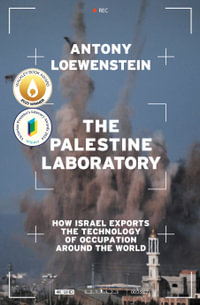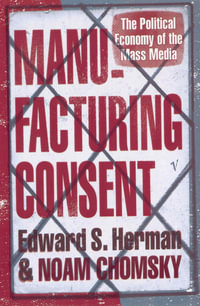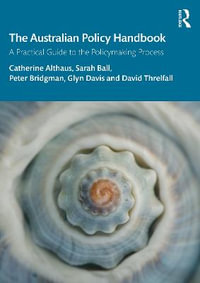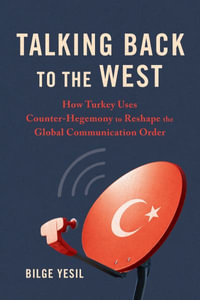In China in 2018 over 200 million rural migrants worked away from their home villages, fuelling the country's rapid economic boom. In the 2010s over sixty-one million rural children had at least one parent who had migrated without them, while nearly half had been left behind by both parents. Rachel Murphy draws on her longitudinal fieldwork in two landlocked provinces to explore the experiences of these left-behind children and to examine the impact of this great migration on childhood in China and on family relationships. Using children's voices, she provides a multi-faceted insight into experiences of parental migration, study pressures, poverty, institutional discrimination, patrilineal family culture, and reconfigured gendered and intergenerational relationships.
Industry Reviews
'In contrast to most discussion of left behind children, Rachel Murphy puts children at the center of her analysis. Her conceptualization of families divided by parental migration as multi-local 'striving teams' both deepens our understanding of the children's participation and identifies specific policies that could reduce the suffering and insecurity of tens of millions of divided families.' Deborah Davis, Yale University, Connecticut
'In this sociological first, Rachel Murphy brings children's voices into the conversations about China's strategy of rapid capital accumulation based on a labor migration system involving long-term separation of migrant parents in the cities from children left in the villages. Combining great erudition with heartrending vignettes of generation after generation trapped in ceaseless toil in pursuit of unreachable dreams, this important study will change our understandings of migration, family, and gender in this major world power.' Susan Greenhalgh, Harvard University, Massachusetts
'A meticulous and insightful chronicle of China's left-behind generation. The voices of children separated from their parents defy a simplistic characterization of a 'lost generation'. The lives of tens of millions of children continue a story of the Chinese family's long-held tradition of striving and sacrifice for better lives.' Wang Feng, University of California, Irvine
'This book will inspire scholars and students in the fields of adult-child relationships, migration and multilocal families, and children's education with a fresh look at migration, family, and gender in contemporary China.' G. Li, Choice
'The unique contribution of this excellent monograph by Rachel Murphy is her exploration of how such large-scale labour migration affects the lives of those millions of children who are separated from one or both of their parents in the process ... The book is well researched and clearly written. The findings are competently placed in the context of the existing sociological, anthropological, and to some extent psychological literature on rural China, but Murphy also relates to a large body of comparative literature on education, migration, and rural transformation, so the book appeals to a broad audience.' Stig Thogersen, Journal of Agrarian Change
'Murphy's book carefully avoids simplistic causal analysis by paying meticulous attention to the intersection of multiple factors that contribute to children's experiences and perceptions throughout the chapters. It also demonstrates rigorous scholarship that places the experiences of Chinese left-behind children in the larger context of scholarship about migration and family relations around the world. This book will be of great value to China scholars and graduate students who are interested in migration, education, childhood, family and gender issues.' Minhua Ling, The China Quarterly
'The book is engrossing, with a lot of vivid, subtle, and emotionally moving narratives on the children left behind in rural China and their families. While the text incorporates numerous references to the literature, one always strongly feels that it is about real lives and real issues and Chinese realities.' Jingzhong Ye, China Journal

























